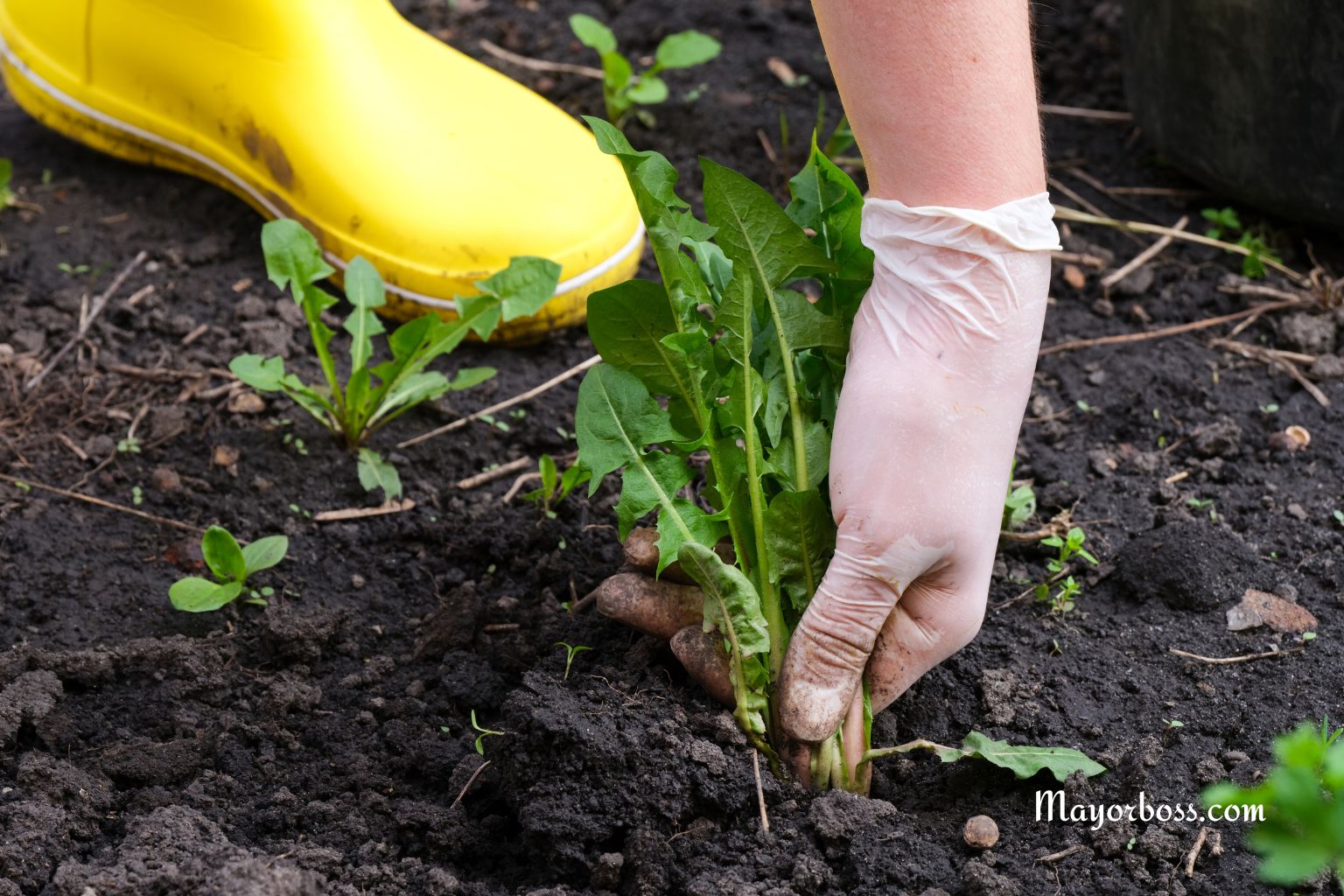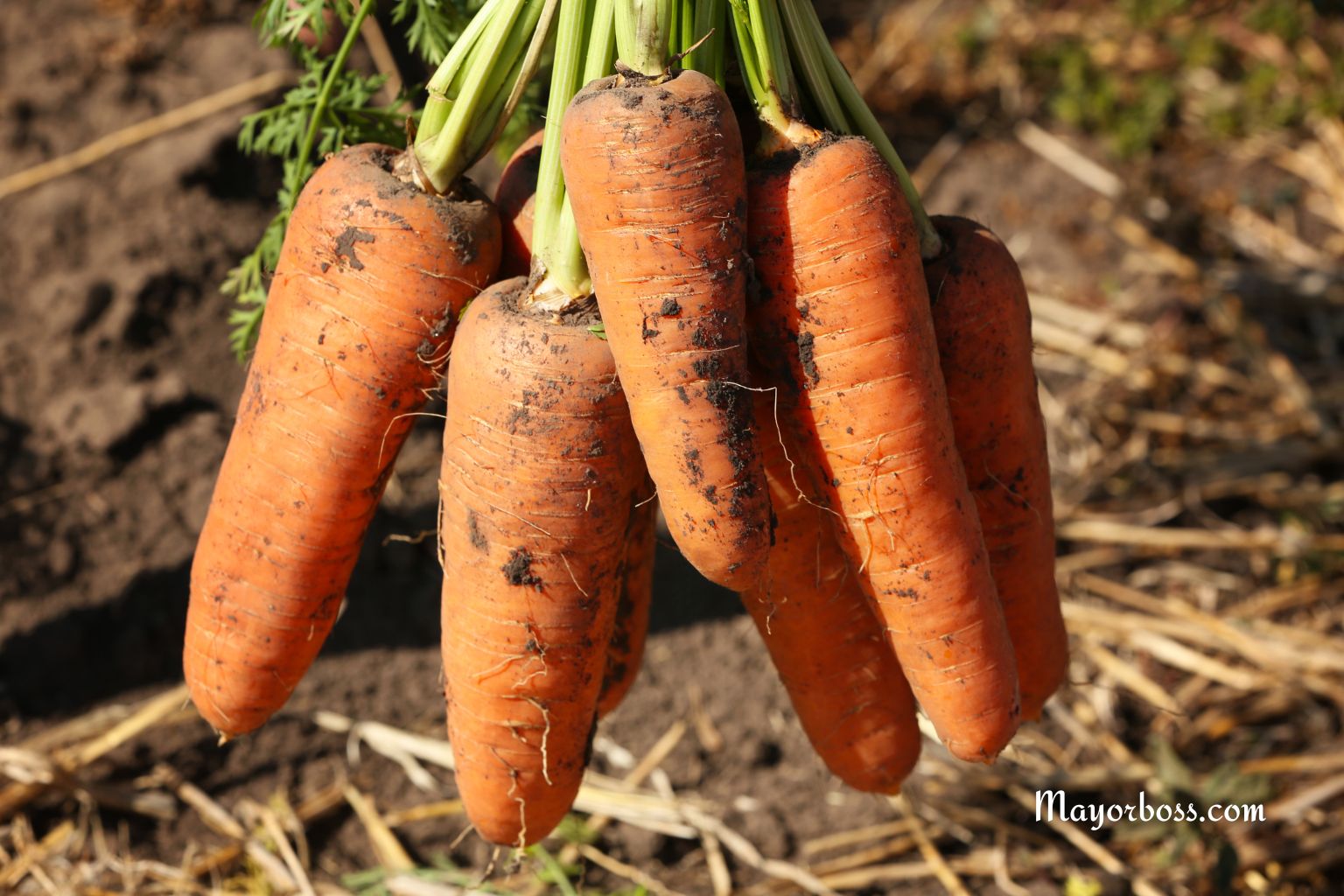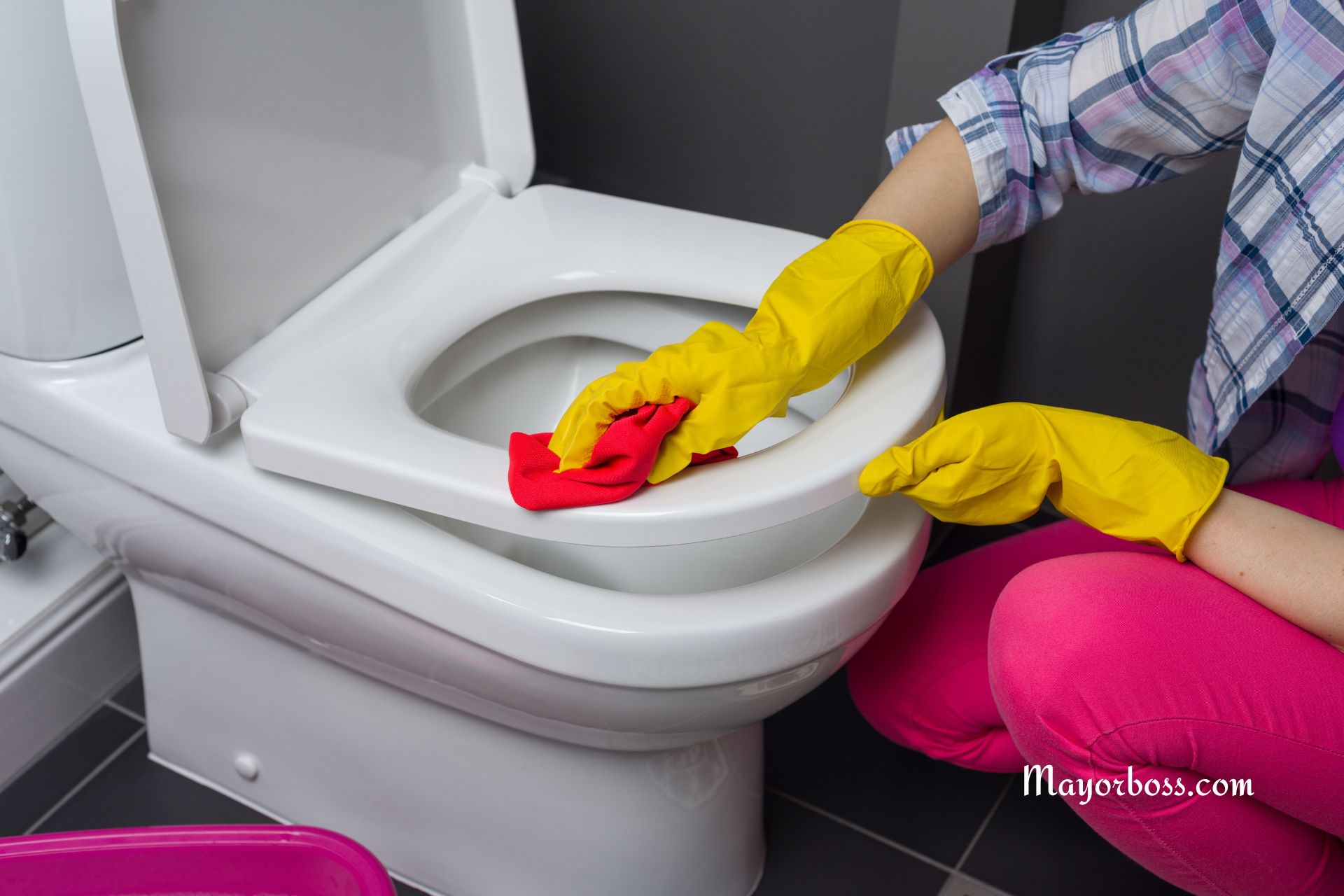How to Kill Weeds Without Chemicals
You can kill weeds without chemicals by using boiling water, hand-pulling, mulching, smothering with newspaper, or applying natural solutions like vinegar or salt. Each method disrupts weed growth safely for people, pets, and the environment.

Weeds seem to grow everywhere—between garden rows, in cracks in the sidewalk, and even in places you never planted anything. If you want a healthy, beautiful yard or garden, weeds can feel like a constant battle. Many people want to avoid chemical weed killers to keep their homes safer for children, pets, and pollinators. Fortunately, there are several effective, natural ways to control weeds.1
Why Avoid Chemical Weed Killers?
Chemical weed killers, also called herbicides, may work quickly, but they can come with risks. Studies link some weed killers to potential health issues and negative effects on the environment. Runoff from chemicals can get into soil and water, harming wildlife and beneficial insects. For anyone growing fruits, vegetables, or herbs, skipping chemicals is good. 2
Hand-Pulling
The simplest way to remove weeds is by pulling them out. Hand-pulling works best when the soil is moist, such as after a rain or watering. Grasp the weed close to the ground and pull steadily, aiming to get the roots out. Removing the entire root prevents the weed from regrowing.
For large patches, you can use a hoe, weeding tool, or garden fork. Set aside a few minutes each week for regular weed checks. Over time, this routine keeps your garden manageable and discourages weeds from spreading.
Mulching
Mulch acts as a barrier that covers the soil and blocks sunlight, stopping weeds from sprouting. Spread organic mulch, such as shredded bark, straw, wood chips, or even grass clippings, around your plants and over bare soil.
Keep the mulch layer two to three inches thick. Not only does mulch prevent weeds, but it also keeps soil moist and improves its quality as it breaks down.
Boiling Water
Pouring boiling water over weeds is a quick and easy method, especially for driveways, sidewalks, or patio cracks. The heat destroys the weed’s cells and kills it down to the roots. Be careful to avoid splashing boiling water on your desirable plants.
You may need to repeat this method for tough or deep-rooted weeds, but it is effective for many common varieties.
Smothering Weeds
Blocking sunlight starves weeds and prevents them from growing. Lay sheets of newspaper (at least five layers thick) or cardboard directly over weedy areas. Wet them down to keep them in place, and cover with mulch or soil.
This method works well in garden beds or for starting a new planting area. Over time, the paper or cardboard breaks down and improves soil quality, too.
Vinegar
Household vinegar contains acetic acid, which can damage and kill weeds, especially when sprayed directly on leaves during sunny, dry weather. Fill a spray bottle with regular white vinegar and apply it to the weeds you want to kill.
Note that vinegar is non-selective, so it will harm any plant it touches. Use this method with caution, and try to target only the weeds. Reapplication may be necessary for tougher weeds.
Salt
Salt can dehydrate and kill weeds by drawing water out of their cells. Dissolve a small amount of table salt in water and apply it carefully at the base of the weed. This method is best for cracks in pavement, not garden beds, because salt can build up in the soil and prevent anything from growing in that spot later.
Maintain a Healthy Garden
A thick, healthy lawn or densely planted garden leaves little room for weeds to take hold. Choose ground covers, dense plantings, or closely spaced vegetables to crowd out weeds. Water, fertilize, and care for your desirable plants so they grow strong, filling up bare spots before weeds move in.
Summary Table: Non-Chemical Weed Killers
| Remove the entire root | Best For | Precautions |
|---|---|---|
| Hand-pulling | All areas | Remove entire root |
| Mulching | Garden beds, borders | Use organic mulch |
| Boiling water | Pavement, cracks | Avoid wanted plants |
| Newspaper/cardboard | Large areas, new beds | Cover fully, add mulch |
| Vinegar | Spot treatment | Avoid spraying desired plants |
| Salt | Pavement cracks only | Use very sparingly |
FAQs
1. Does vinegar kill all types of weeds?
Vinegar works best on young, annual weeds. Deep-rooted or perennial weeds may require several applications or a different method.
2. Will boiling water hurt my garden plants?
Yes, boiling water will damage any plant it touches. Use it carefully and only on weeds away from desirable plants.
3. How thick should mulch be to prevent weeds?
Apply mulch two to three inches deep for the best weed prevention.
4. Is salt safe to use in vegetable gardens?
No, salt can build up in the soil and damage your vegetables and other plants. Only use salt in areas where you do not plan to grow anything.
5. How often should I pull weeds to keep them under control?
Check your garden weekly and pull weeds when you see them. Early removal keeps weeds from spreading and makes the job easier over time.






